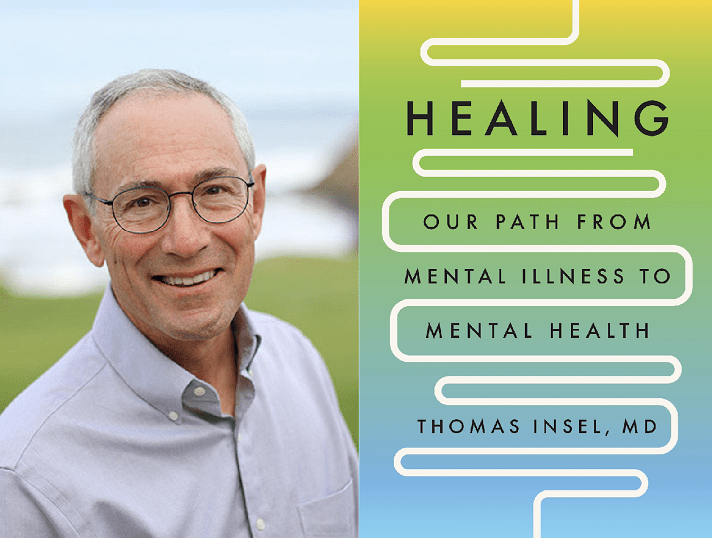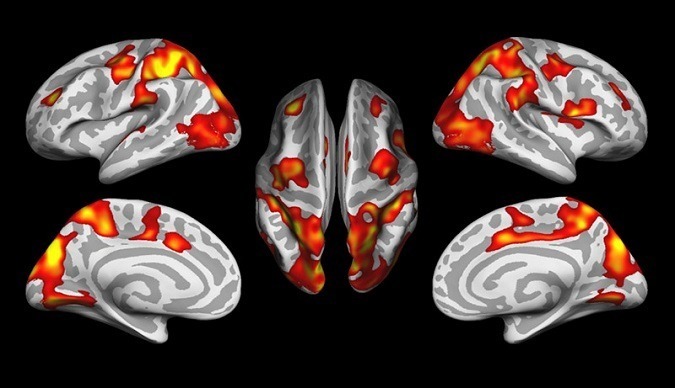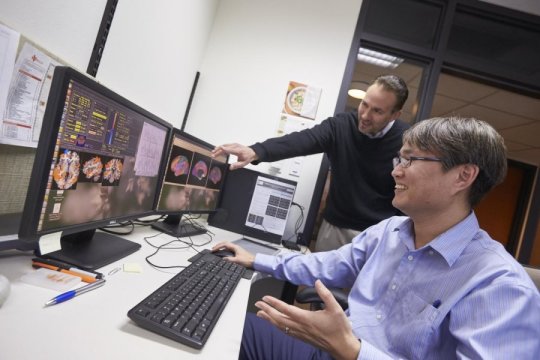Posts Tagged ‘BrainHealth’
Mark your calendar for BrainHealth Week: February 20–24th
The brain changes each and every day during our whole lives, based on how we use it. Healthier daily habits can improve the trajectory of our lives. “A brain that can think critically, that can function under stress, a brain that is resilient in the face of trauma, a brain that is creative, that is thoughtful,…
Read MoreFrom “Eminence-based” to Evidence-based cognitive & mental healthcare: Time for quality and accountability
Welcome to a new edition of SharpBrains’ e‑newsletter, featuring timely brain & mental health news, two excellent new books and a few fun brain teasers. #1. From “Eminence-based” to Evidence-based mental healthcare: Time to focus on quality and accountability “The real challenge is not finding a therapist, it’s finding a therapist who knows how to provide…
Read MoreStudy finds training-induced neuroplasticity even in patients with chronic traumatic brain injury (TBI)
_____ Cognitive training reduces depression, rebuilds injured brain structure & connectivity after traumatic brain injury (UT-Dallas release): “New research from the Center for BrainHealth at The University of Texas at Dallas shows that certain cognitive training exercises can help reduce depression and improve brain health in individuals years after they have suffered a traumatic brain…
Read MoreUT Dallas researcher secures $2.7m grant to better monitor and address TBI-related cognitive and functional deficits
Scientist Gets Grant for Study of Veterans with Traumatic Brain Injuries (UT Dallas release): A researcher from the Center for BrainHealth at UT Dallas has been awarded a $2.7 million grant from the Department of Defense (DoD) under the Joint Warfighter Medical Research Program. The grant, awarded to Dr. Daniel Krawczyk, deputy director of the…
Read More



